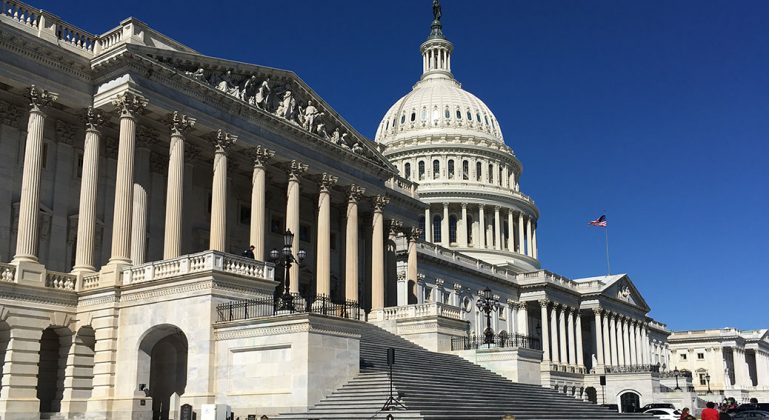Health plans will be required to reimburse out-of-network providers for the services subject to surprise medical billing protections or issue a denial notice within 30 days, and patients will be shielded from any payment disputes that may arise between plans and providers. If a provider is dissatisfied with a payment made by a health plan, the provider will be able to initiate a structured process to resolve the dispute.
First, the health plan and provider will have 30 days to attempt to resolve the dispute through negotiation. If a settlement cannot be reached during that period, the involved parties will be able to access an independent dispute resolution (IDR) process conducted by an unbiased entity approved by the federal government. This process must be triggered within four days of the end of the negotiation period. Each party would submit a final offer for consideration by the arbiter (also known as “baseball-style arbitration”), along with supporting information. The arbiter will be directed to consider a wide range of relevant information, including: the median contracted in-network rate; the provider’s training and experience; the patient’s acuity and the complexity of care provided; the facility’s teaching status, case mix and scope of services; any demonstration of good faith effort or lack thereof to resolve the dispute; prior year contracted rates; and other information brought forward by the involved parties. The arbiter will not be able to consider provider charges or the rates paid by public programs such as Medicare or Medicaid. There will be no minimum disputed payment threshold to enter the IDR process, and similar claims within a certain timeframe could be batched together to ease administrative burden. The arbitration process will need to be concluded within 30 days, and the losing entity will be required to pay the fees to participate in the process. However, if the dispute is resolved by the parties before the arbiter makes a decision, the parties share in the cost. Following the determination by the IDR arbiter, the parties involved could not initiate another IDR process for the same item or service for a 90-day period.
Many of the provisions will require additional rule making by the United States Department of Health and Human Services, Department of Treasury, and Department of Labor over the next 6 to 12 months.
Surprise Medical Billing was included as part of the Consolidated Appropriations Act, 2021. The full legislation is available here.




